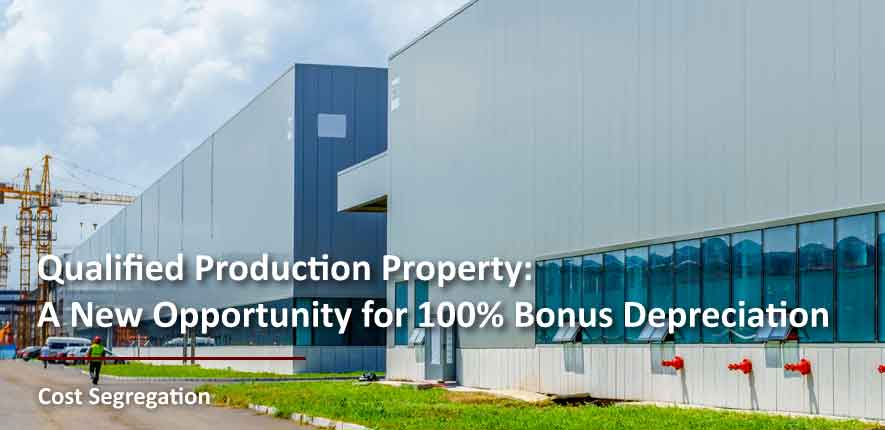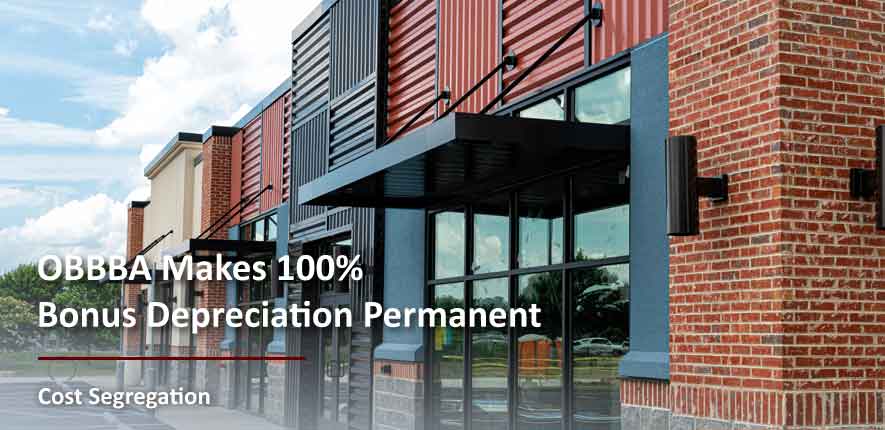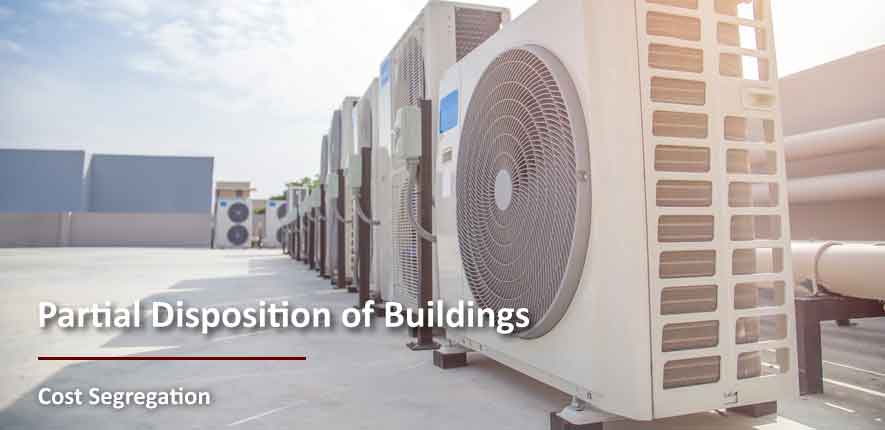Sep 8, 2025 Qualified Production Property: A New Opportunity for 100% Bonus Depreciation
The One Big Beautiful Bill Act (OBBBA) introduced Qualified Production Property (QPP), a new category of real estate eligible for 100% bonus depreciation under IRC §168(n). QPP refers to nonresidential real property that is constructed or acquired after January 19, 2025, placed in service before January 1, 2031, and used directly in a qualified production activity....













